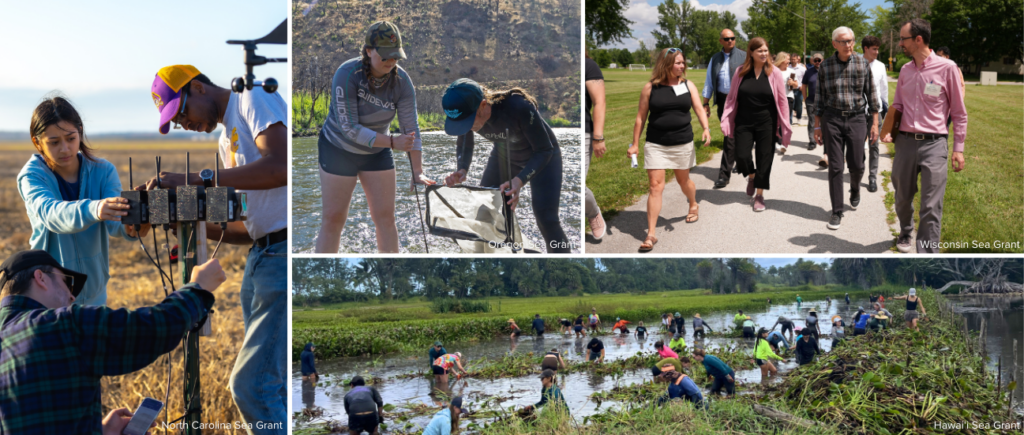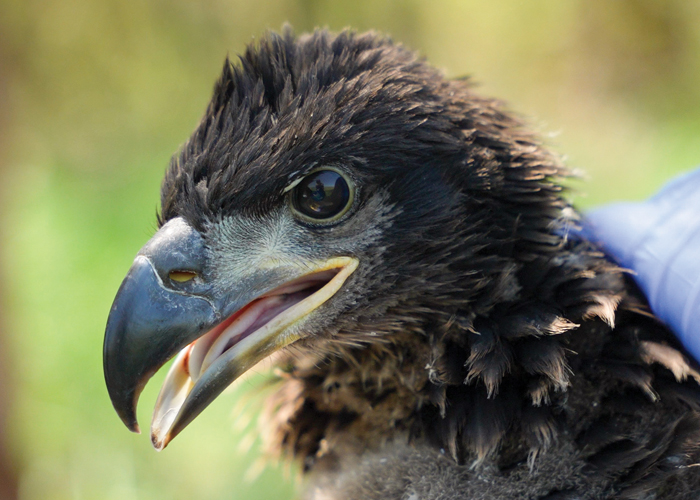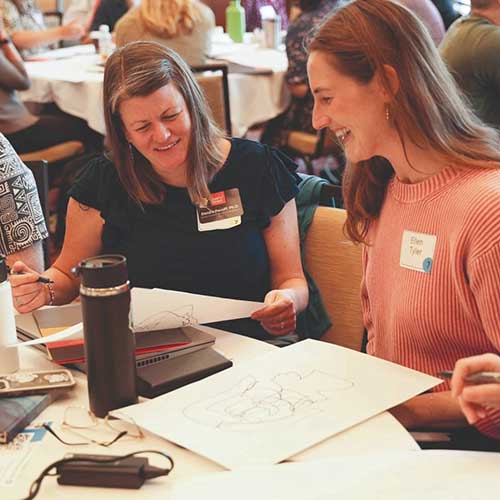
Amid extreme and frequent weather events and risks to coastal economies, families and communities, the need to address related challenges is critical. In response to this need, Congress appropriated funding to NOAA Sea Grant with the goal of strengthening resilience across coastal and Great Lakes communities. NOAA Sea Grant allocated $125,000 to each of the 34 Sea Grant programs in 2024, for a total of $4.25 million, to further build upon and extend coastal resilience work with communities. The funding is being used to enhance engagement, technical assistance, education and research investments to address climate and weather impacts in local communities. These investments will be instrumental in achieving more resilient communities and economies across the nation.
This essential funding will be leveraged by Sea Grant programs and combined with 50% match funding from collaborative partners to establish or expand projects that address resilience needs throughout the U.S. Funded projects include investments in hazard assessment and preparedness, nature-based solutions, local and regional resilience planning and implementation assistance and increasing staff capacity to improve resilience education and engagement opportunities. Collaboration and co-production are pillars of Sea Grant’s approach to working alongside communities and partners, including Tribal, Indigenous, and economically disadvantaged groups.
With this funding, Wisconsin Sea Grant is supporting new staff with expertise in economics, urban and regional planning, geospatial analysis, policy analysis, law, anthropology and/or Indigenous knowledge to address coastal adaptation and resilience issues. Wisconsin Sea Grant is also continuing leadership and technical support for existing coastal resilience networks in Wisconsin. These networks help counties, municipalities and state agencies share approaches to addressing coastal hazards. These activities will leverage new resilience extension capacity to allow improved science communication of coastal processes with the goal of co-production of knowledge for impactful coastal management.
For more information and to see what other programs are doing, access the national story here.





